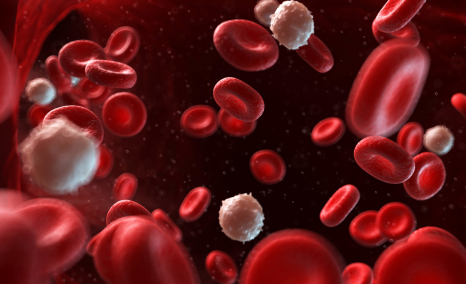One of Arena’s newest treatments, Etrasimod, is utilized to treat ulcerative colitis and Crohn’s disease. Pfizer has also been developing ulcerative colitis treatment that affects nearly 3 million people in the United States.
Takeda previews early response data for ‘Wave 2’ multiple myeloma med in follow-up to Velcade
Takeda is seeking its next shot at multiple myeloma beyond Velcade and is now previewing some early data highlighting partial responses in 38% of patients in one dose group for the next-in-line candidate modakafusp alfa.
According to Takeda, the outcomes are from 29 patients who were part of the 1.5mg/kg cohort of the phase 1 study. Modakafusp alfa induced complete response in two of 29 patients and excellent partial response in six patients. Three patients in the early-stage research experienced a partial response. The drug is being tested in relapsed/refractory multiple myeloma people who have undergone at least three previous lines of treatment.
The immunocytokine therapy, a type of treatment fusing cytokines to a monoclonal antibody, is Takeda’s attempt to establish a unique role in the multiple myeloma market. The Japanese Big Pharma is going after a different portion of the cancer-progressing protein CD38 than approved treatments like Johnson & Johnson’s Darzalex and Sanofi’s Sarclisa.
For the 11 patients, or 38%, who had a partial response or more significant, it took the drug a median of one month to take effect, and the best response took a median of two months. The 29 patients went a median of 5.7 months without experiencing an exacerbation of the disease.
Roche unveils Avenio system to automate DNA sequencing sample preparation
Next-generation sequencing has revolutionized the field of medicine, with labs now able to look through a patient’s entire genome to identify even the tiniest indicators of disease. And while this technology works remarkably quickly compared to traditional diagnostic methods, it still needs much dedicated time and effort to prepare DNA samples for processing.
However, Roche’s newest offering zeroes in on cutting down on that preparation time. The Avenio Edge system launched this week automates the entire process of readying DNA samples and sequencing libraries for analysis but halts short of performing the actual research.
The all-in-one system enables constant tracking of each sample and integrates directly into laboratory information systems for real-time delivery of the preparation workflow’s results.
According to Roche, the system decreases the hands-on time needed to prepare samples for sequencing by about 84%. A study to assess the system found that the automated workflow can replace a total of 384 manual steps needed to prep 24 DNA libraries for analysis in just one run.
Additionally, Avenio Edge arrives at sequencing labs equipped with ready-to-use components, requiring only about 20 minutes from setup first to use.
Because the system is entirely automated, it also helps eliminate human error in DNA sequencing. Roche said Avenio Edge could decrease error opportunity by more than 96%, preventing labs from recollecting samples, which may be rejected due to mistakes made during manual preparations.
Novartis rolls out early data for a pair of ‘second-gen’ CAR-Ts with more productive cells
The current generation of cell therapies has been a game-changer in treating aggressive blood cancers. However, the tech has its restrictions. Novartis is one of the biggies in the current generation of these drugs and is now taking lessons learned from CAR-T Kymriah to supercharge a second-generation of CAR-Ts putting superior cells into patients faster.
Novartis rolled out early Phase I data for a pair of autologous CAR-T cell therapies created via the drugmaker’s T-Charge platform, a process designed to promote T cell stemness, which is a measure of a cell’s ability to self-renew by cutting manufacturing times and spurring cell proliferation primarily in patients’ lymph nodes.
These second-generation CAR-Ts, a CD19-targeted drug dubbed YTB323 and a BCMA-directed candidate named PHE885, represent Novartis’ lessons learned from first-gen CAR Kymriah as well as an answer to the difficult manufacturing and supply chain concerns endemic to present drugs in this class on the market. With this platform, Novartis contemplates it can halve its existing manufacturing timeline, what is called vein-to-door, over existing CAR-Ts while removing the requirement for bridging chemo, said Jeff Legos, Novartis’ global head of oncology and hematology development.
For YTB323, Novartis displayed data from 15 patients with third-line-or-later diffuse large B cell lymphoma monitored for at least three months, with the drug posting a 73% complete response rate at the higher of two dose levels in that early cut. This Phase I dose-escalation study will eventually enroll 110 patients across third-line DLBCL as well as second-line-or-later acute lymphocytic leukemia or chronic lymphocytic lymphoma/small lymphocytic lymphoma.



